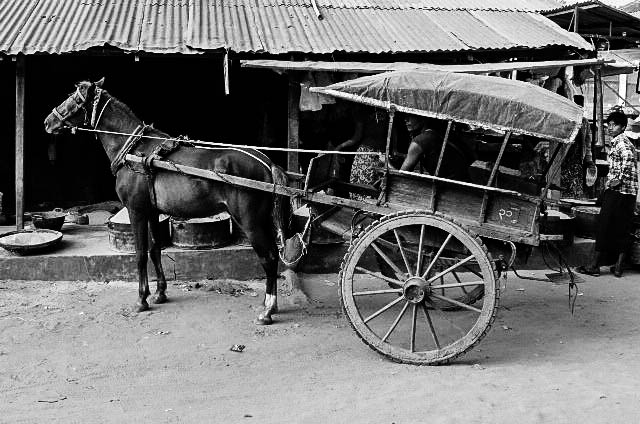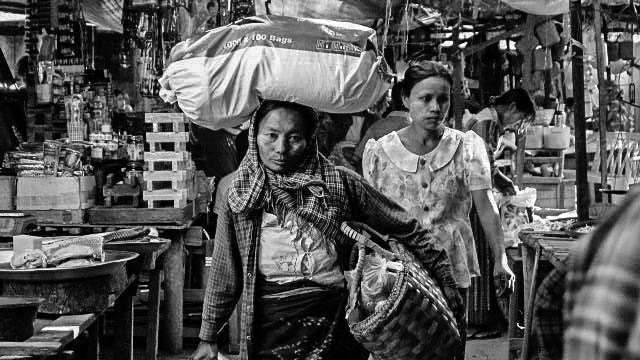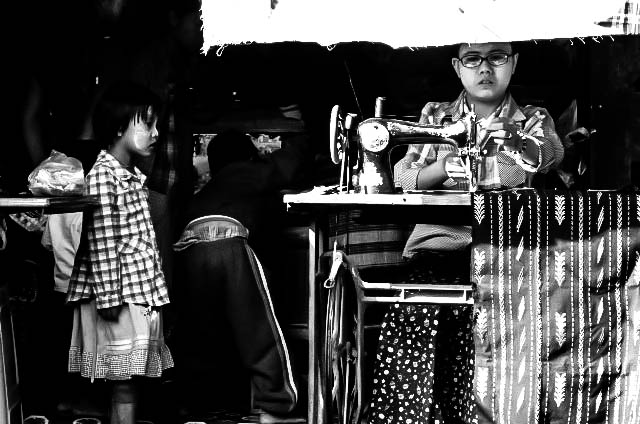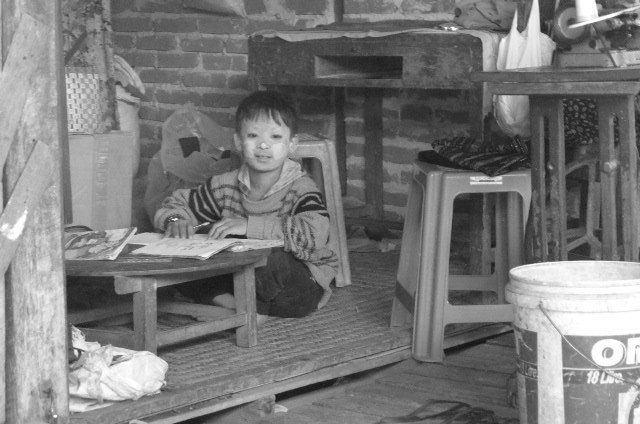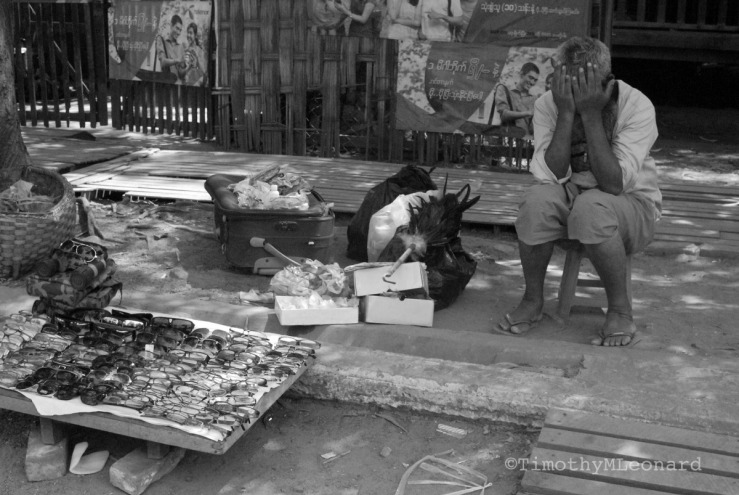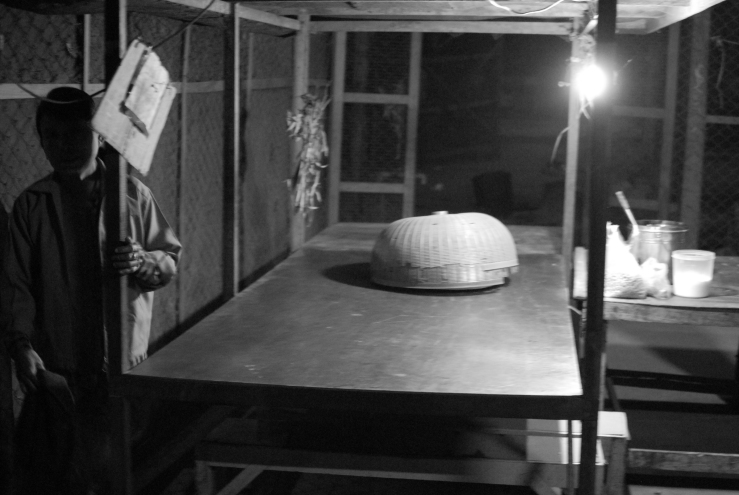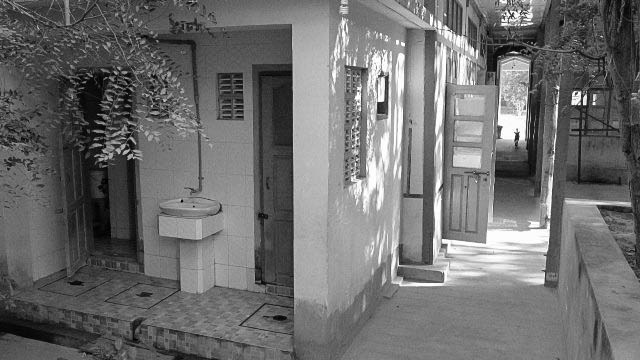Kid Teaches
South of Mandalay.
Two teachers arrived for three weeks. One tall relaxed American male and serious eyes. His Irish female’s unhappiness confronting the hardship assignment masked emotional distress and deep bitterness.
She lived at the girl's dorm fifteen minutes away by dusty footprints. I feel isolated.
Cry me a river, said human nature.
Hardship and deprivation develops character, said an Asian child.
Don’t give me that crap, she said. I have twenty years of teaching experience and this is hell.
Hell is other people, said Sartre.
Be a good Catholic girl and make a confession, said Personal Problem.
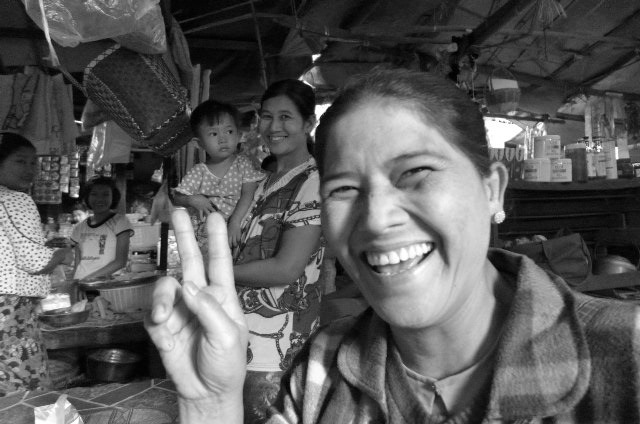
It’s life lesson #5, said the child.
Yeah, yeah, said the whining adult eating her frustration and anger garnished with succulent tomatoes.
The world is a village.
Mindfulness.
Mindful seeing.
Mindful attention.
Mindful presence.
Calm abiding.
Check in with your breath.
Engage senses. Visual epiphany between what is and what will be.
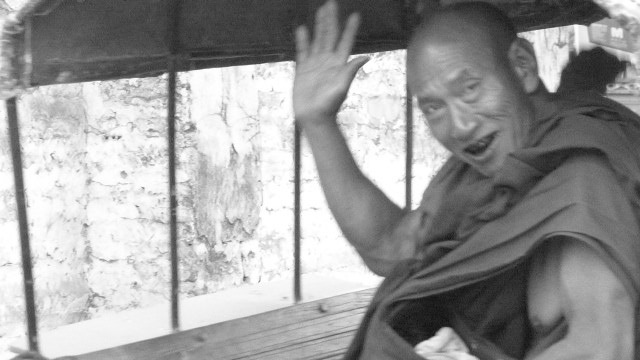






 Share Article
Share Article 